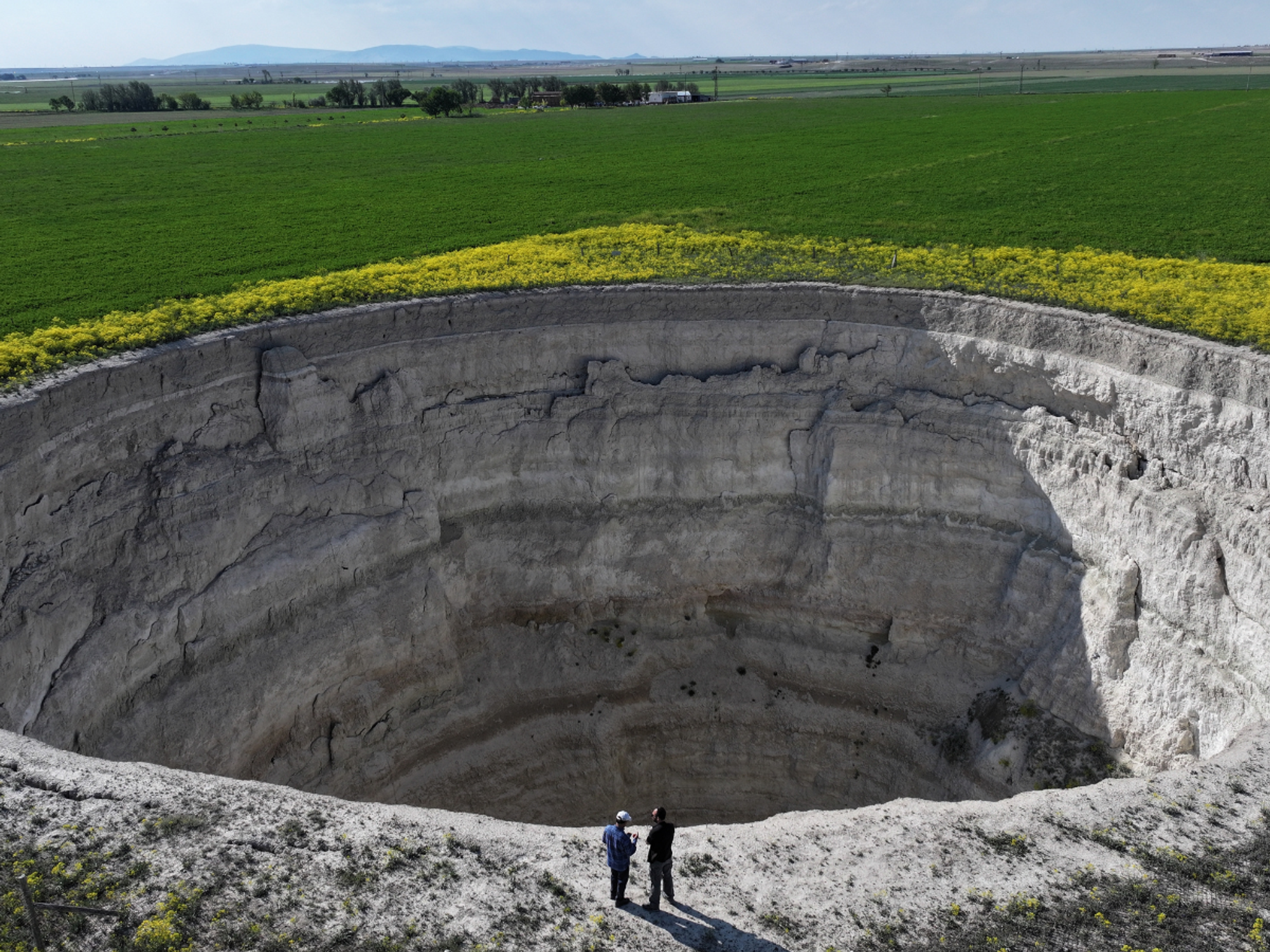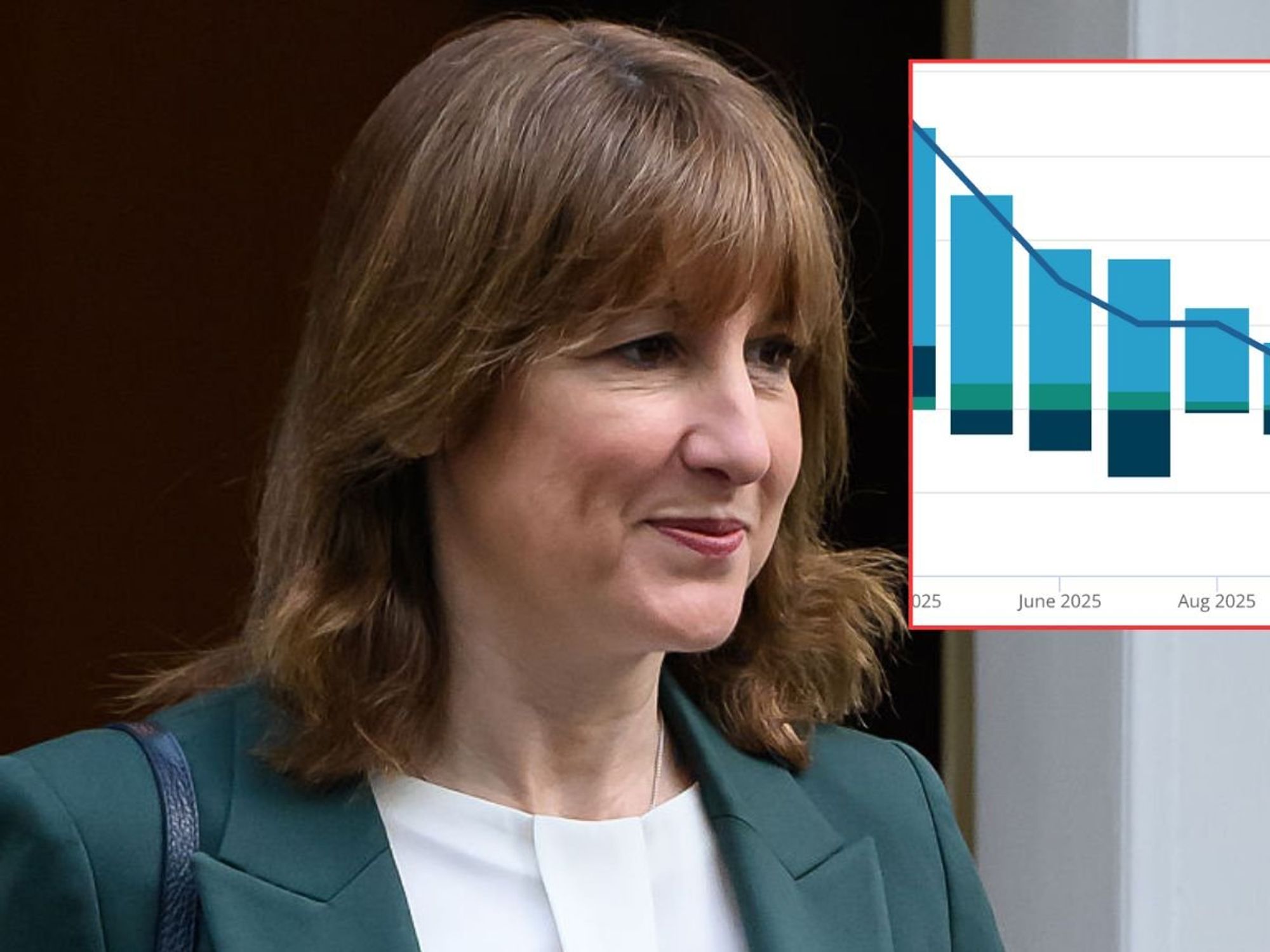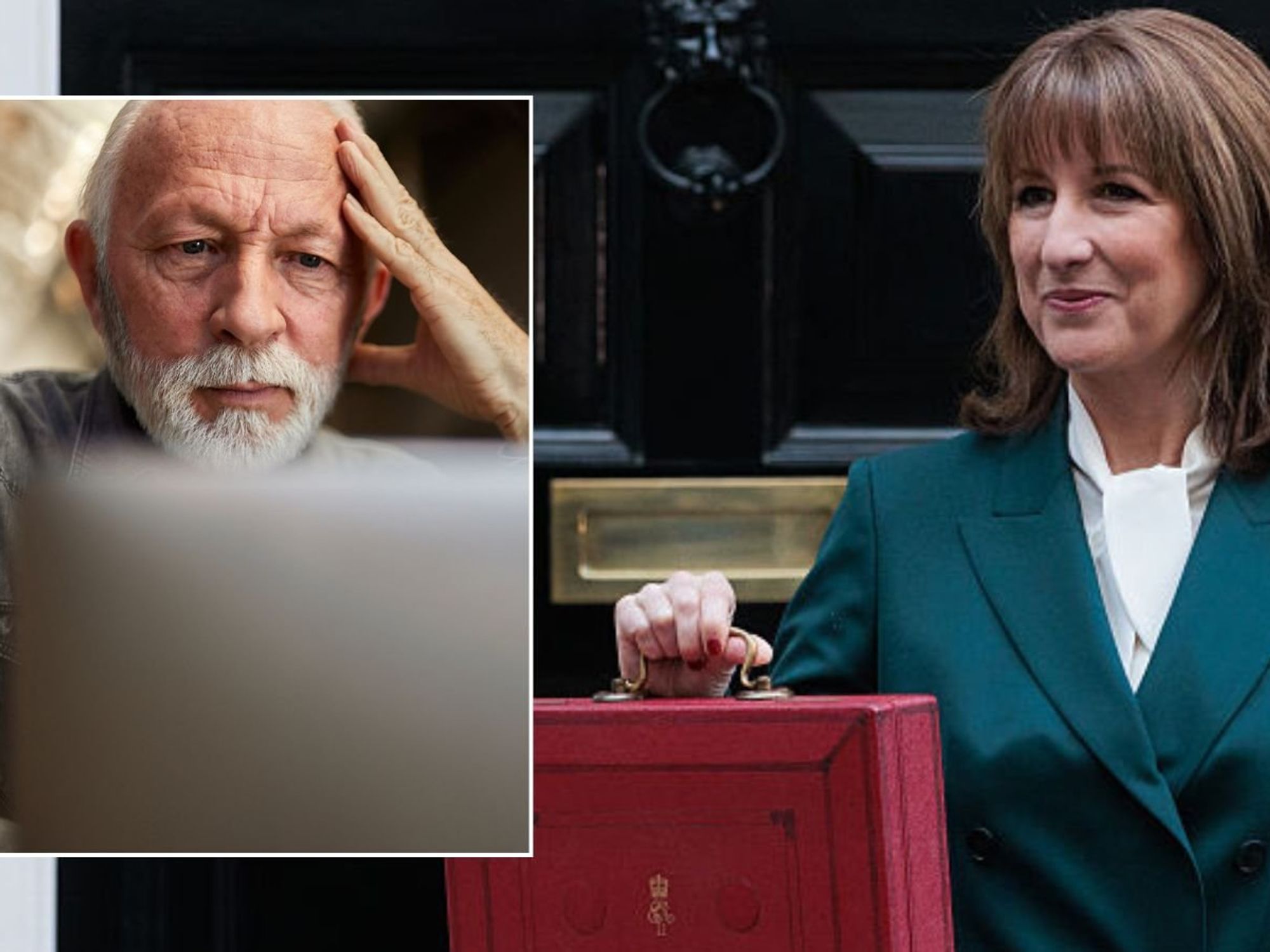'Five key steps to secure your retirement future,' Jasmine Birtles shares how to boost your pension savings
Pension expert Jasmine Birtles is revealing how GB News readers can better prepare for retirement
Don't Miss
Most Read
If you're in your 50s or early 60s, retirement may no longer feel like a distant dream—it’s approaching rapidly. Whether you've been diligently saving or you are just starting to think about your financial future, now is the time to get serious about preparing. The good news? It’s not too late to take control and shape the retirement you want.
The other good news is that I am running a free webinar all about how to plan for retirement in your 50s and 60s and you can sign up here. You will be able to ask questions of our expert panel, including former Pensions Minister Steve Webb. In the meantime, though, here are five essential steps to prepare for retirement in your 50s or 60s.
Take Stock of Your Finances
First, you need to get a clear picture of where you stand. This means looking at your total savings, pensions, debts, assets, and your expected income in retirement (what you will get from the state pension, what your personal or company pensions should give you and any investment income you could have). Many people shy away from this step, fearing what they might find—but knowledge is power.
If you have the cash, it is handy to get advice from a financial advisor at this stage. Try Vouchedfor.com to find a good one near you. You could also get a free session with a PensionWise specialist through Moneyhelper.co.uk. For a face-to-face appointment, you can call 0800 138 1585, and for phone appointments, you can call 0800 011 3797.
 Jasmine Birtles answers questions from GB News members in the exclusive pensions and retirement Q&A | JASMINE BIRTLES | GETTY
Jasmine Birtles answers questions from GB News members in the exclusive pensions and retirement Q&A | JASMINE BIRTLES | GETTY Create a detailed budget of your current expenses and estimate what you'll need in retirement. Don’t forget to factor in inflation and potential changes in spending patterns. For instance, while commuting costs might drop, healthcare expenses may increase. Use free retirement calculators online to get an estimate of your required retirement income and whether you're on track. The MoneyHelper website offers a reliable one.
Maximise Your Pension Contributions
In your 50s and 60s, you’re ideally at your peak earning years, which means it's the perfect time to boost your pension contributions. The UK government currently allows you to contribute up to £60,000 a year into your pension (or 100 per cent of your earnings if lower), with tax relief.
Even if you haven’t saved enough so far, increasing contributions now can significantly grow your pot, especially if you benefit from employer matching. Also, check if you have old pensions from previous jobs and consider consolidating them for easier management and potentially lower fees.
Use the Government’s free Pension Tracing Service to locate lost pensions, or try Gretel.co.uk which also helps you trace lost ISAs, savings accounts and more.
Do you have a money story you’d like to share? Get in touch by emailing money@gbnews.uk.
Clear Outstanding Debts
Heading into retirement debt-free can dramatically reduce the financial pressure. Prioritise paying off high-interest debts like credit cards and personal loans. If possible, aim to pay down your mortgage before you retire, or at least reduce it significantly.
Having fewer financial obligations in retirement means your income will stretch further, allowing more flexibility and peace of mind.
Understand Your State Pension and Entitlements
The UK state pension is a vital part of most people’s retirement income. As of 2025, the full new State Pension is £221.20 per week (around £11,500 per year), but not everyone will receive the full amount.
Check your state pension forecast on the gov.uk website to see what you're entitled to and whether there are any gaps in your National Insurance (NI) contributions. You may be able to top up missing years voluntarily.
Also, explore other benefits you may be eligible for in retirement, such as Pension Credit, free prescriptions, or Winter Fuel Payments. If you're short on NI years, voluntary contributions can often be made going back up to six years—and these can offer excellent returns.
LATEST DEVELOPMENTS:

Britons are concerned about their retirement future
| GETTYThink About Lifestyle and Retirement Goals
Retirement isn’t just a financial change—it’s a lifestyle shift. Ask yourself: What do you want your retirement to look like? Will you downsize, travel, take up a hobby, or perhaps work part-time?
These choices will affect how much income you'll need. Some people find that a phased retirement—working fewer hours or freelance—offers both income and structure, easing the transition.
Also, consider where you’ll live. Downsizing or relocating to a more affordable area can free up cash and reduce monthly expenses. Just make sure the move aligns with your support network and long-term needs.
Make a vision board or write a “retirement wish list.” It’s a practical and motivating way to connect your current financial efforts to future rewards. Remember: advice from an independent financial adviser can prevent costly mistakes and ensure your money works hard for you
More From GB News











